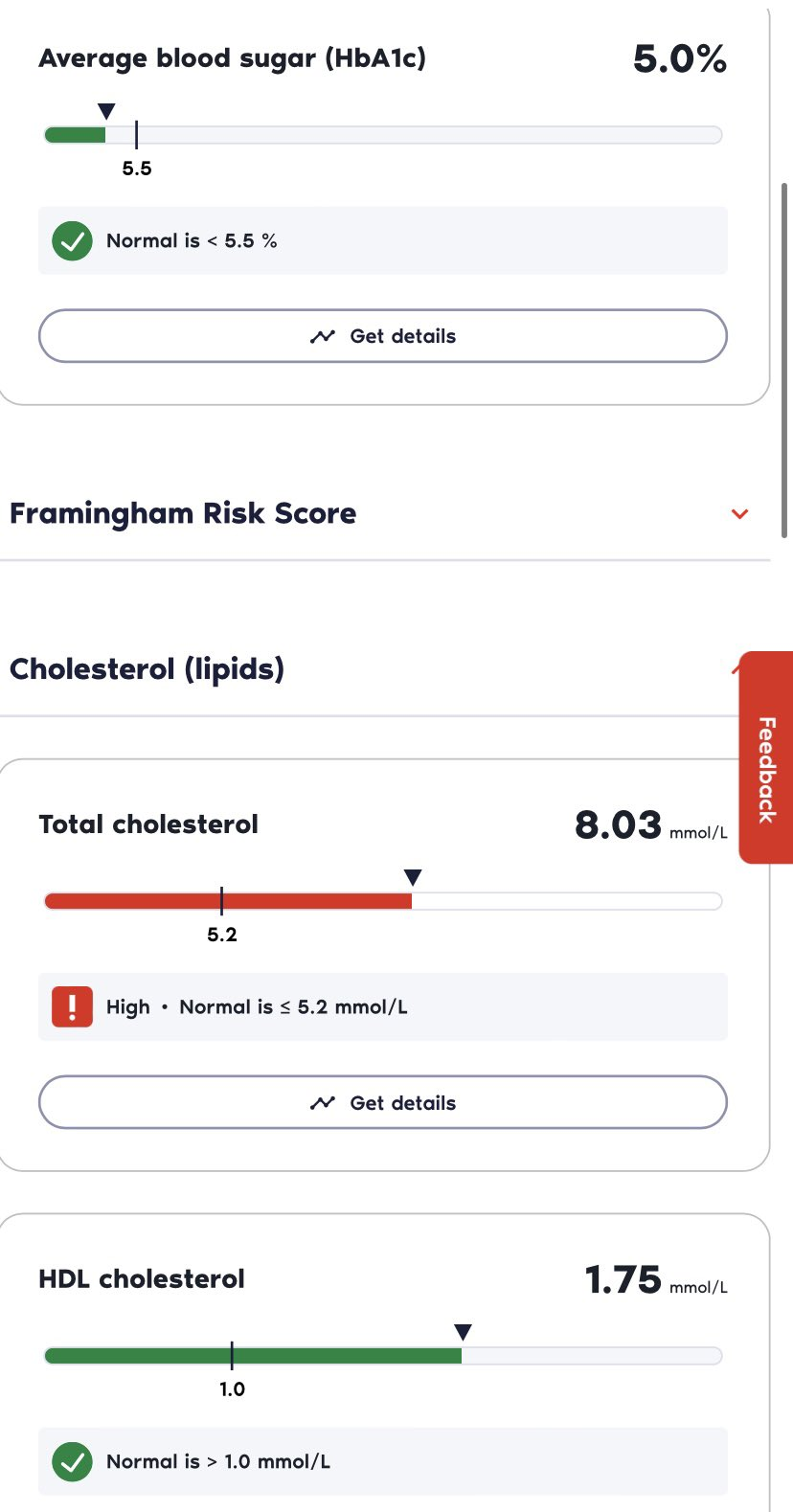Some more information why / when high dose vit E could interfere ...
Vitamin K uses the same pathway as Vit E
Does vitamin K supplementation deplete vitamin E?
Mito says:
https://raypeatforum.com/community/threads/does-vitamin-k-supplementation-deplete-vitamin-e.39564/post-622839
There are several aspects of vitamin K’s biochemistry that suggest high doses vitamin K could have adverse effects on our health:
• Vitamins E and K are broken down in similar pathways (Shearer, 2008). High doses of either one elicit an increase in these catabolic pathways by activating a common receptor known as the steroid and xenobiotic receptor (SXR) or the pregnane X receptor (PXR). As a result, high doses of one will elicit the destruction of the other. Thus, high-dose vitamin K could contribute to vitamin E deficiency.
• Second, a small portion of vitamin K is broken down to a compound known as menadione (Thijssen, 2006). Some of the menadione is used to synthesize MK-4, but high concentrations are toxic. We therefore conjugate a portion of the menadione to glutathione, the master antioxidant and detoxifier of the cell, and excrete the complex into our urine. High doses of vitamin K could therefore deplete glutathione. This would impair detoxification, and along with vitamin E depletion it would hurt antioxidant activity.
• High doses of vitamin K can inhibit bone resorption, which is probably the mechanistic basis by which 45 mg/day reduce fracture risk (Iwamoto, 2013). While bone resorption sounds like a bad thing, we need to use it every day to help our bones remodel themselves and adapt their structures to our lifestyles, and to keep blood levels of calcium within a precisely controlled range. We also use bone resorption to release osteocalcin into the blood, where it acts on multiple tissues to improve our metabolic and hormonal health (Ferron, 2007; Oury, 2013). Ironically, one of the benefits of vitamin K2 is to support proper production of osteocalcin, but high doses of the vitamin could hypothetically prevent us from using it. That would be expected to hurt blood sugar control, insulin sensitivity, our metabolic rate, and, in males, testosterone production.
https://chrismasterjohnphd.com/blog/2016/12/09/the-ultimate-vitamin-k2-resource
